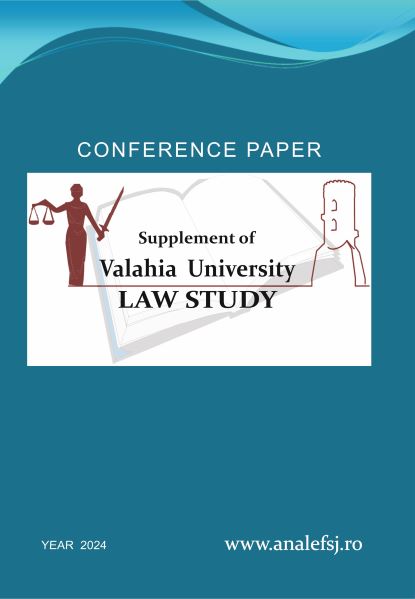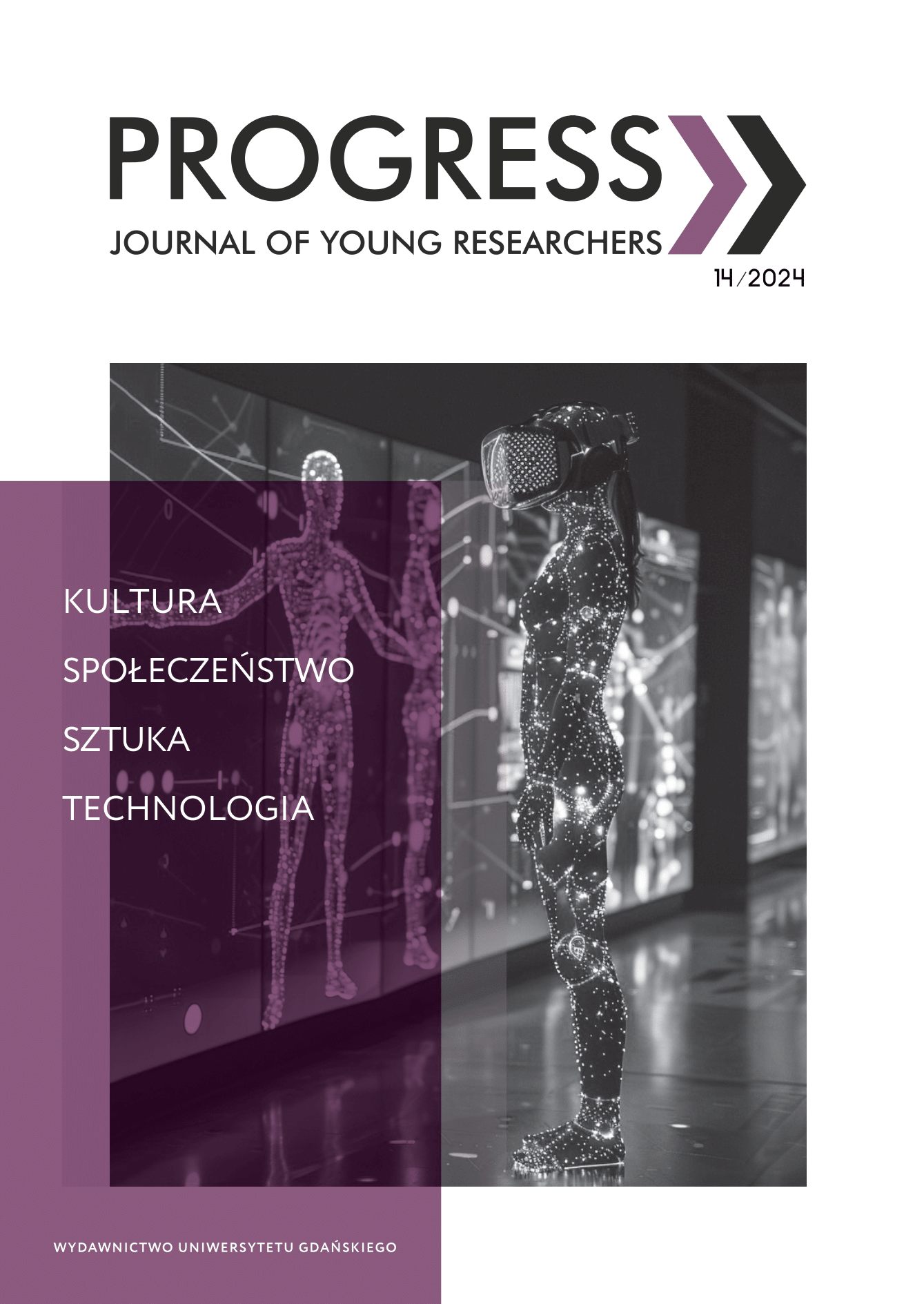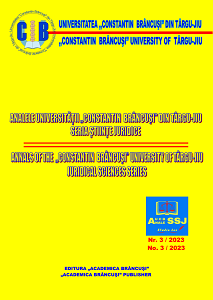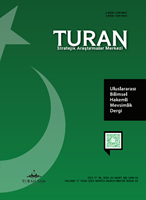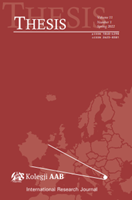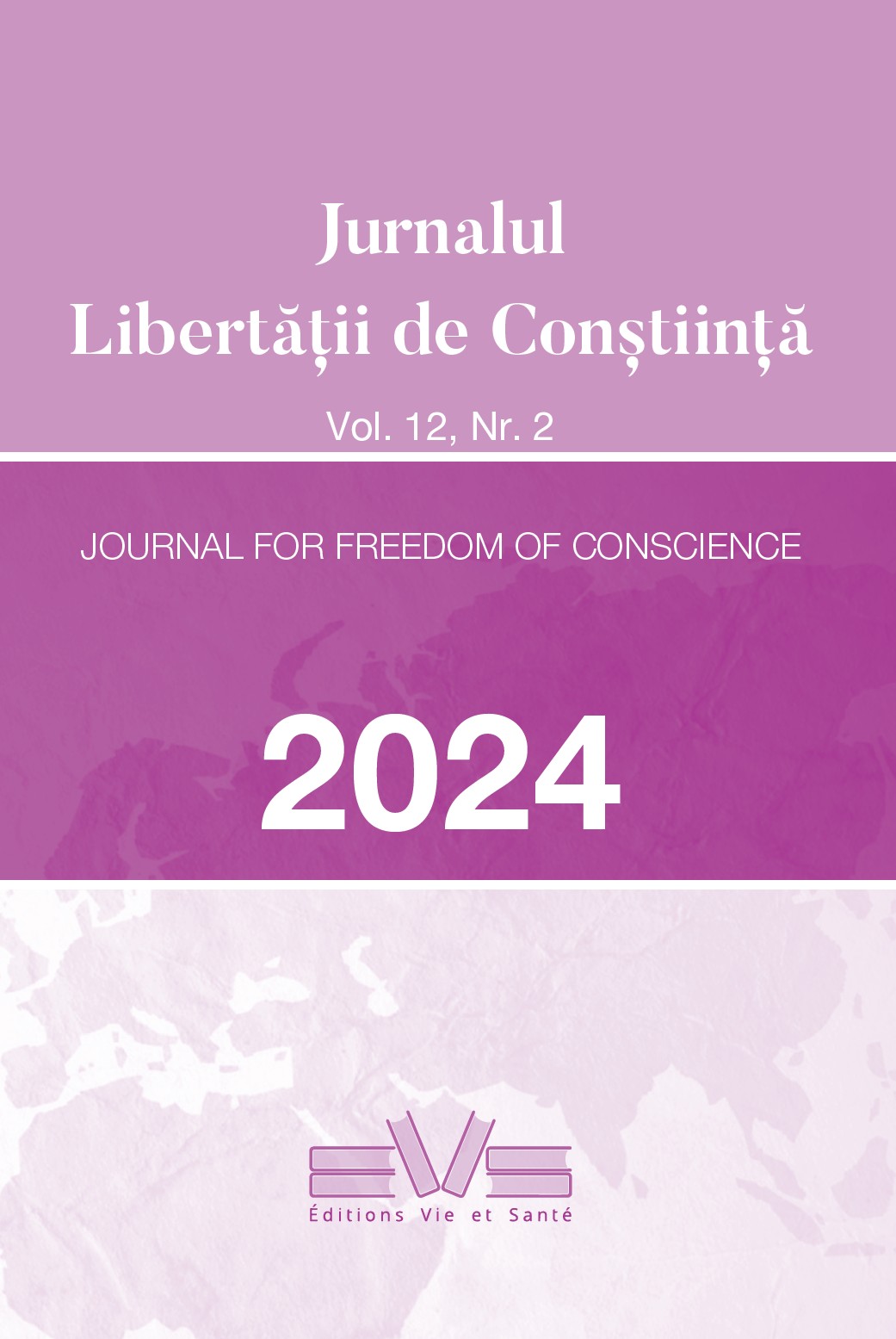
CONSIDERAȚII PRIVIND ROLUL DREPTULUI ADMINISTRATIV ȘI CEL AL FAMILIEI ÎN APLICAREA CONCEPTULUI AUTOCONTROL CA MIJLOC DE REGLARE SOCIALĂ
This paper emphasizes the role of self-control in creating and maintaining social relations based on collaboration, mutual help, mutual protection so that social peace is the natural result of human interactions, and daily extremism does not exist. The role of administrative law is analyzed, both as a branch of law and as a science, in understanding the importance of the concept of self-control. It is analyzed whether and to what extent public authorities, cultural and educational institutions can get involved in the learning of self-control skills by humans. The paper highlights the importance of the family in defining the behavioral tendencies of a child and a young person and the necessity and usefulness of the partnership relationship between the family and the state in the activity of preventing the deviant behavior of children and young people. It is argued that self-control is the main solution to reducing individualistic tendencies and eliminating extremism, but it can only really exist as a solution if there is a solid cultural foundation. Only an educated man, a man with a sufficient level of culture to correctly understand the surrounding reality and the social role of the verb “to refrain” from harming the environment and your fellow man, can self-control and self-censor. Proposals are formulated.
More...
